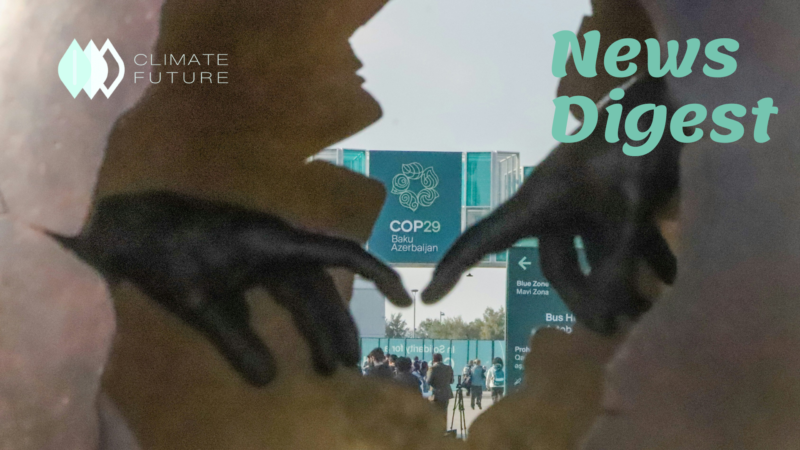Early action saves lives, as Tropical Cyclone Freddy hits Mozambique
UN officials stated that accurate early action and warnings on the ground helped to limit the loss of life due to cyclones. UN agencies provided supplies in advance to approach cyclones and assistance for those in need. At the moment, high seas and strong winds are threatening Mozambique with exceptional and dangerous rainfall levels. UNICEF has been helping local residents to face the storms for many days. UNICEF teams evaluated immediate needs and transferred the rapid distribution of critical supplies such as water purifiers, hygiene kits, medical supplies, and tents. UN officials highlighted the importance of the ongoing Early Warnings for All campaign in protecting the loss of life. The World Meteorological Organization (WMO) has been solving developments over the past weeks, including when it affected Madagascar a few days ago. The Mozambique Council of Ministered declared a red alert before the cyclone and simplified response operations. Cyclone Freddy is exceptional due to its longevity and was rarely seen on track with the last record in 2000. Mozambique is always hit by the cause of tropical cyclones and flooding poses a larger risk than the winds.
UN environment agency tackles mercury-tarnished gold mining industry
The program manager of planetGOLD, an innovative project from the UN Environment Program (UNEP) said that more than 100 million people depend on artisanal gold mining for their livelihood. So, it is crucial to work together with governments to provide training to miners with the tools required to phase out mercury use. The goal of the initiative is to slash mercury use by 512 tons. According to UNEP, it aims to mitigate some 400,000 tons of CO2 equivalent emissions, improve over 1.2 million hectares of land and benefit more than 370,000 people in the next six years. Around 20 million miners, including over four million women and children in more than 80 countries work in small-scale and artisanal gold mining. From 37% of global mercury pollution, they emit 2,000 tons of the element each year. Although mercury does not degrade the environment, it can accumulate in the atmosphere and pass through the food chain by disrupting the health ecosystem and causing irreversible brain damage. Under the Minamata Convention, many governments are taking action to implement safer standards to phase out the use of mercury.
Amid ‘spy balloon’ controversy, WMO highlights the key role of weather balloons in climate monitoring
On the recent news about the United States and Canada shooting down multiple flying objects like alleged Chinese spy balloons inside their borders, WMO mentioned that weather balloons give just a tiny amount of the millions of observations organized around the world every day. According to WMO, over 50 satellites gather information from space and about 400 aircraft handled by some 40 commercial aircraft companies collect input from the skies. Free-rising latex balloons are released continuously from almost 900 locations globally every day. Almost 1,000 balloons combine daily observations that provide real-time input. The useful information gathered consists of computer forecast models, data for research to have a better understanding of weather and climate processes, and local data for meteorologists to predict storms and make forecasts. The battery-operated radiosondes can capture observations and the airborne floating information collectors for around two hours. Weather balloon stations are the major source of above-ground data as they are part of the world’s global observing network.
UN Assembly President calls for Apollo 13 ingenuity to navigate flood risks
When the UN’s Sustainable Development Goals (SDGs) were implemented, the full magnitude of climate change impacts on floods and droughts was not distinct enough to allow for factoring drought and explicit flood-related indicators into the goal related to water and sanitation (SDG6). Besides climate change-included threats, there are still disaster risks such as poor management and flood protection and reckless land use which are needed to be addressed. Strengthening transnational alliances to have solutions based on sustainability, resilience, and inclusiveness is crucial. The Water Conference will produce the commitments to catalyze the early warnings for all initiatives, the global water information system, and strengthened science partnerships to face the upcoming challenges. A major outcome of the Water Conference is the Water Action Agenda, a platform to collect action-oriented voluntary commitments.



